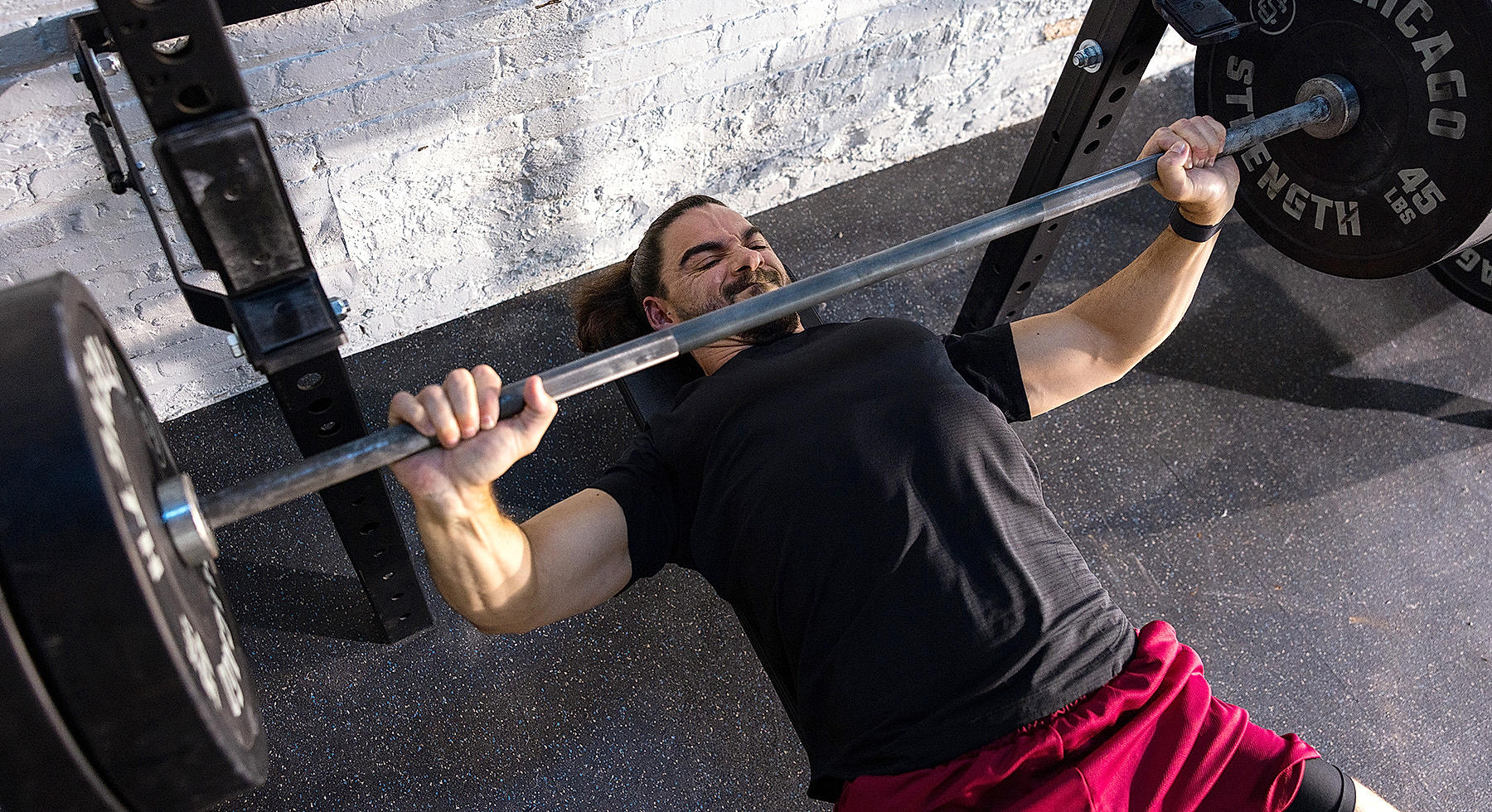
You often feel tired after your workout session, like your body has become weak, with no energy left to do a simple chore, muscle pain/cramp or soreness, Right? These all are the symptoms of "Muscle Fatigue".
Let us first understand "What is Muscle Fatigue?"
It’s defined as "a decrease in maximal force or power production in response to contractile activity." Too technical? Let me simplify. Muscle fatigue is when your muscles can't produce as much strength or power after you've completed an intense physical activity.
Before discussing the causes of muscle fatigue, let's understand how muscles contract and work.
The muscle contracts by individual fibres (actin and myosin) sliding over each other, forming cross-bridges. A chemical Adenosine Triphosphate (ATP) is essential to allow it to work (More ATP-More Muscles can work).
Causes of Muscle Fatigue
- Poor training techniques: Inadequate training methods cause excessive strain on specific muscle groups, leading to premature fatigue. It can involve improper form, lifting heavy weights, or failing to vary your exercise routines.
- ATP depletion: Adenosine triphosphate (ATP) is the energy transporter within your muscle tissue. As ATP levels decline following extended exertion, it has the potential to hinder or diminish muscle contractions.
- Change in muscle pH level: Intense exercise increases lactic acid in your muscles. Old beliefs tied it to post-workout discomfort, but recent findings show the lowered pH from this lactic acid buildup that creates muscle acidity, leading to a burning sensation and decreased output.
- Loss of electrolytes: Your muscles depend on electrolytes for contractions, but strenuous exercise results in the loss of electrolytes and water through sweat, potentially causing fatigue and muscle cramps.
- Overtraining and Poor Recovery: Physical activity leads to minor muscle damage, and only during the recovery phase can your muscles mend the minute tears that occur during exercise. Failing to provide your muscles with the necessary recovery time increases the likelihood of sustaining an injury.
- Lack of proper nutrition and hydration: Inadequate nutrition can bring about an insufficiency of vital energy and nutrients required for muscle function, and dehydration can lead to diminished blood volume and imbalances in electrolytes. These two factors working in tandem can lead to early-onset muscle fatigue, muscle cramps, and decreased exercise performance.
- Insufficient sleep: Sleep is essential for restoring the body's energy reserves. During deep sleep, the body replenishes glycogen stores in the muscles and liver, critical for sustained physical activity. Insufficient sleep can lead to decreased energy availability, making muscles more prone to fatigue during exercise.
- Ageing: As we age, our muscles become less effective. We possess reduced levels of ATP and essential proteins crucial for muscle strength and performance. Additionally, connective tissues may become stiffer, and muscle fibres can shrink, leading to a quicker onset of muscle fatigue.
Have you observed any of the above causes? Now you know the reason for the same. Let's move forward to how to prevent or recover from fatigue.
- Warm-Up and Cool-Down: Warm-up and cool-down sessions involve exercise at a lower intensity and slower pace, which improves your athletic performance, prevents injuries, and helps with recovery. Simple exercises like brisk walking, stretches, skipping, jumping jacks, diaphragm breathing.
- Balanced Nutrition: Do not just focus on your Protein intake; carbohydrates, fats, fibres and probiotics are also essential to provide your muscles with the adequate nutrients to function effectively.
- Hydration: Hydration is the key to functioning smoothly, as it helps to transport oxygen and nutrients to the muscles and remove waste products that can contribute to muscle fatigue.
- Rest: "Listen to your body" and rest to recover from the previous exercise routine before your next session.
Including supplements in your fitness regime first, consult your Nutritionist or Health Care Professional before consuming it directly, along with lifestyle modification and following the above ways to delay fatigue.
Here are a few supplements that ease muscle fatigue or its symptoms.
- Protein supplement: Protein supplements may help your muscles recover post-workout. They are essential if you don't get enough protein from your diet. Whey protein is the most popular choice because it contains all 9 essential amino acids.
- Branched Chain Amino Acids (BCAAs) supplement: BCAA supplements offer crucial amino acids, specifically Leucine, Isoleucine, and Valine, which play a vital role in recovery & Muscle Protein Synthesis. BCAAs provide your working muscles the much-needed energy thus helps minimize muscle fatigue & soreness.
- L-Glutamine supplement: L-Glutamine or simply Glutamine being the most abundant amino acid its intake may support muscle recovery.
- Omega-3 Supplements: Omega-3 fatty acids provide energy while also fighting inflammation. Their intake is good for overall wellness.
Note that supplements only support when you have balanced nutrition; supplements are "NOT Magical Pills". Remember, "Moderation is the key". Follow this motto, and you will have an energetic and fatigue-Free workout.

